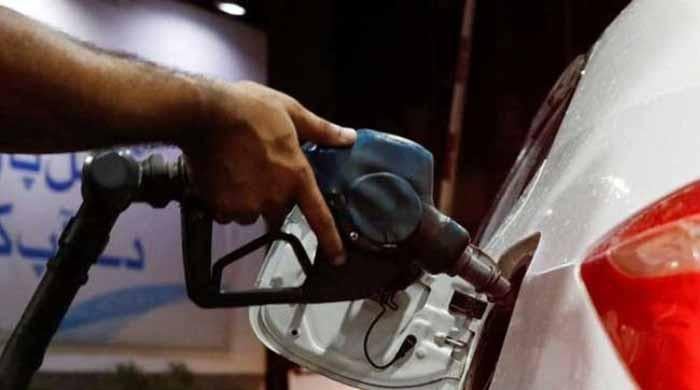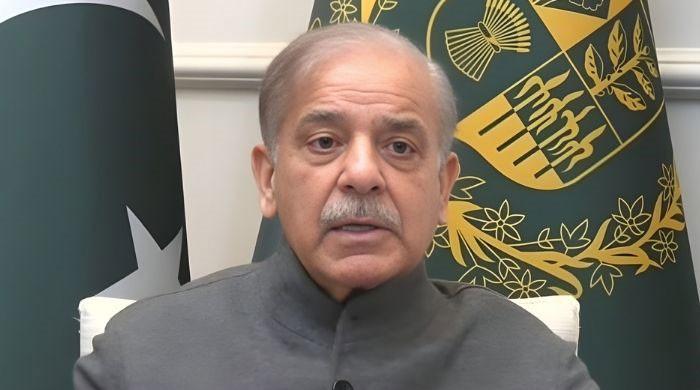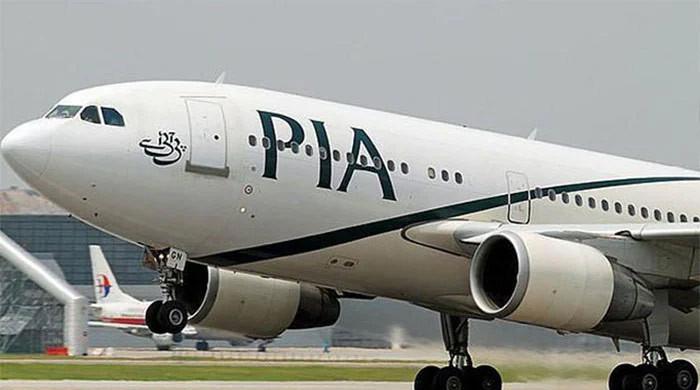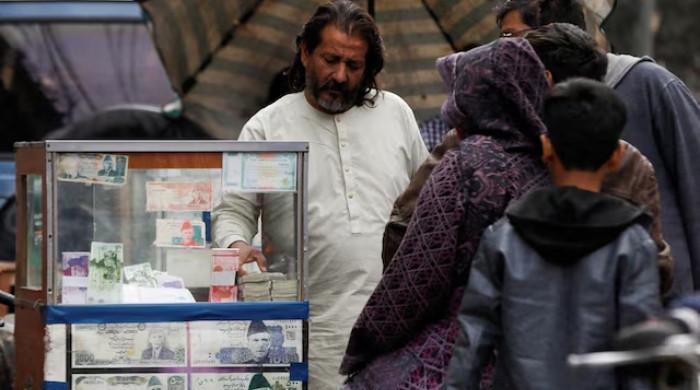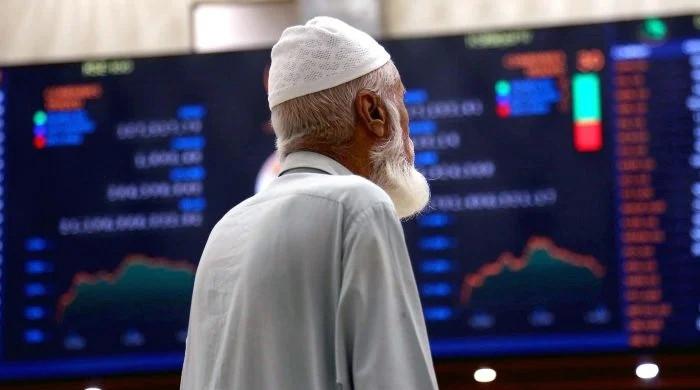Will the rupee value touch 300-mark in Pakistan?
Rupee will break the 300-mark in line with IMF's demand to ensure the currency rate is market-driven, predicts currency trader
March 03, 2023

Pakistan has been suffering from external shocks since early last year raising concerns over the health of the $350 billion economy as foreign reserves run low, the rupee hits new lows, and inflation stands at decades-high levels.
The cash-strapped country has been in talks with the International Monetary Fund (IMF) to secure a $1 billion tranche, which has been pending since late last year over policy issues. It is part of a stalled $6.5 billion bailout package, originally approved in 2019.
The IMF funding is critical for the South Asian economy, which has been in economic turmoil, to unlock other bilateral and multilateral external financing.
Although Finance Minister Ishaq Dar has assured the inflation-weary Pakistanis that he expects to sign the staff-level agreement with the IMF next week, the Fund has put forth another major demand — pegging the rupee's interbank market rate with the rate prevailing at the Afghan border [alternatively known as the Peshawar market], which is extremely high.
"The IMF has asked that the interbank rate should be pegged with the rate prevailing at the Afghan border. In other terms, the IMF is asking that our interbank rate should be the same as the one in the grey market," Exchange Companies Association of Pakistan (ECAP) Secretary General Zafar Paracha told Geo.tv.
The top currency dealer said that if one observes the Washington-based lender's demand, it can be safely assumed that the Fund has asked Pakistan to peg the rupee with the rate prevailing in the grey market.
In the interbank market, the rupee closed at 285.09 on Thursday after a massive fall of Rs18.98, while the local currency fell to 288 in the open market. But in the grey market, Paracha said the dollar changed hands at around Rs300.
The ECAP official said that during Friday's trade, he sees the rupee falling by another Rs4-5, and in the coming days, the local currency will break the 300-mark in line with the Fund's demand to ensure the currency rate is market-driven.
If the economic turmoil persists, the situation might get even gloomier.
The currency dealer added that if the much-anticipated deal goes through soon, it will be a lifeline for Pakistan as the funding will help the government enter the "financial avenue".
Friendly countries and other multilaterals have asked Pakistan to ensure that it secures IMF's loan and then they will provide it with the fundings — not before that.
Paracha said that if all "things go well — the IMF, the World Bank, the Asian Development Bank, and the money from our donors' conference — and we are able to get around $15 billion, then the dollar should come down to around 260".
Explaining the other reasons behind the fall of the rupee's value, he said that the restrictions imposed on transactions of foreign currency forced people to opt for the illegal channel, including hundi and havala, in turn, expanding the grey market.
"However, these are the same mistakes that Sri Lanka made and it defaulted," he said, urging the government to review its policies as the unprecedented situation demands the government to pull up its socks.





